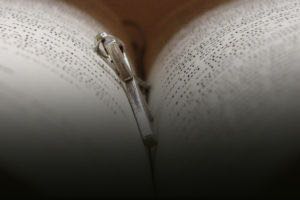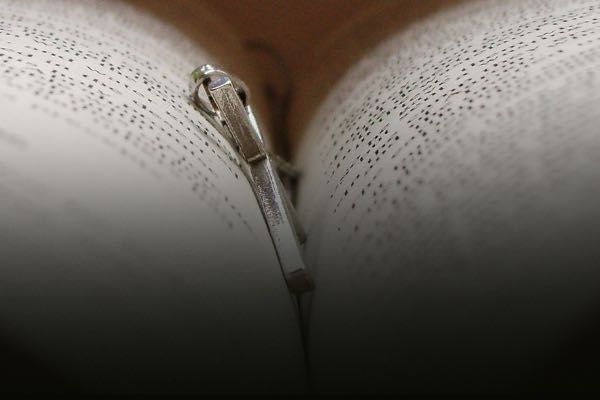
But, by now you probably recognize that the presupposition of naturalism (and the bias against supernaturalism) is once again the impetus behind this criticism. The form critics of history (a movement that was most popular in the mid-twentieth century) simply rejected the possibility that any description of a miracle could be factually true. It turns out that it was the miraculous “content” of these passages, rather than their common literary style or form, that caused critics to identify the verses they thought should be removed or handled with suspicion. In fact, they often selected passages that were very different from one another in terms of their stylistic forms. Sometimes they identified passages that did not fit neatly into one of their categories (or appeared to be a blend of more than one literary form), and they often disagreed with one another about the identity of particular types of literary forms and passages. They did agree on one thing, however: passages that contain miraculous events were not to be taken seriously as part of the original narrative.
These skeptics evaluate the gospel accounts with the assumption (based on the presence of the miraculous) that Christians must have written them in the second or third centuries, unafraid that their lies would be detected by those who lived in the first century. This proposal ignores, of course, all the evidence that supports an early dating for the New Testament documents. It also assumes that the gospel accounts are false until proven true. This is just the opposite approach we take with witness testimony when it is presented in court. We ought to presume that witnesses are telling us the truth until we discover otherwise, and the presence of the miraculous alone should not cause us to believe that the gospel eyewitnesses were lying. There is no evidence, aside from the existence of supernatural elements within the gospel accounts, to support the assumption of late dating that form critics have proposed. Share on X
There is no evidence, aside from the existence of supernatural elements within the gospel accounts, to support the assumption of late dating that form critics have proposed. While the insertion of miraculous elements late in history might be possible, it is not evidentially reasonable. Once again, the primary motivation for denying the early authorship of the Gospels is simply the bias against supernaturalism.

J. Warner Wallace is a Dateline featured Cold-Case Detective, Senior Fellow at the Colson Center for Christian Worldview, Adj. Professor of Christian Apologetics at Talbot School of Theology, Biola University, author of Cold-Case Christianity, God’s Crime Scene, and Forensic Faith, and creator of the Case Makers Academy for kids.
Subscribe to J. Warner’s Daily Email
Save
Save
J. Warner Wallace is a Dateline featured cold-case homicide detective, popular national speaker and best-selling author. He continues to consult on cold-case investigations while serving as a Senior Fellow at the Colson Center for Christian Worldview. He is also an Adj. Professor of Christian Apologetics at Talbot School of Theology, Biola University, and a faculty member at Summit Ministries. He holds a BA in Design (from CSULB), an MA in Architecture (from UCLA), and an MA in Theological Studies (from Gateway Seminary).
































